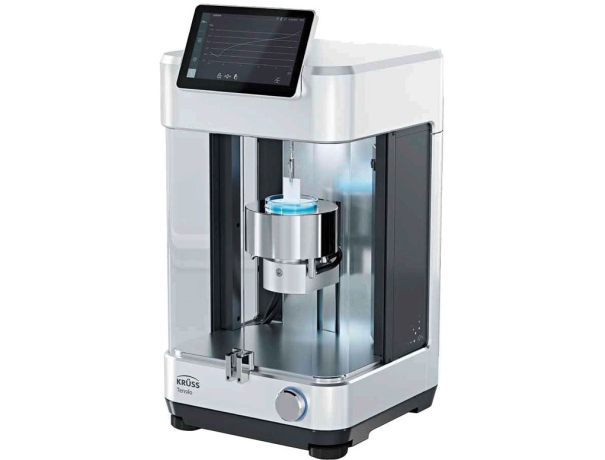Tensiometers are essential tools used to measure the surface tension of liquids and solids. Understanding surface tension is crucial in various fields, including chemistry, physics, and materials science. This article explores the significance of tensiometers in analyzing both liquid and solid surfaces.
Liquid Surface Tension
Liquid surface tension refers to the cohesive forces that hold liquid molecules together at the surface. It determines the ability of a liquid to resist external forces. Tensiometers help quantify this property, providing valuable insights into the behavior of liquids under different conditions.
Solid Surface Tension
Solid surface tension, also known as surface energy, describes the energy required to increase the surface area of a solid material. It influences phenomena such as wetting, adhesion, and contact angle. Tensiometers play a vital role in measuring and understanding solid surface tension.
How Tensiometers Work
Tensiometers operate based on various principles, including the pendant drop method, Wilhelmy plate method, and du Nouy ring method. These methods involve carefully measuring the forces exerted on the liquid or solid surface to determine surface tension accurately.
Applications of Tensiometers
Tensiometers find widespread applications across different industries and research fields. They are indispensable tools in quality control, product development, and scientific investigations.
Industrial Use
In industries such as pharmaceuticals, cosmetics, and food processing, tensiometers help optimize formulations, ensure product stability, and enhance manufacturing processes.
Research and Development
In research laboratories, tensiometers aid in studying interfacial phenomena, advancing material science, and developing innovative technologies.
Importance of Tensiometers in Various Industries
Tensiometers are important in ensuring product quality, enhancing process efficiency, and driving innovation across diverse industries, including electronics, automotive, and aerospace.
Advantages of Using Tensiometers
The benefits include precise measurements, real-time monitoring, and the ability to characterize complex surface properties accurately.
